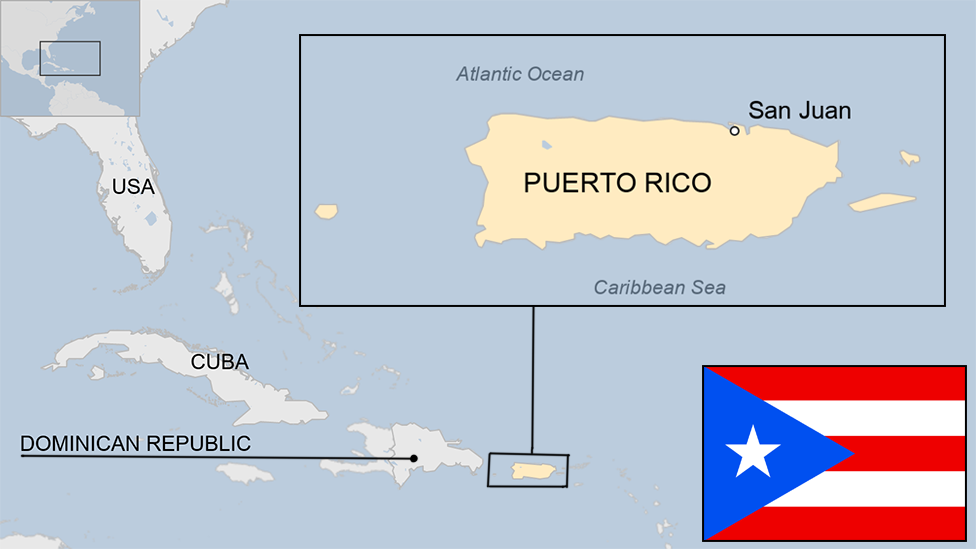Bahamas country profile
- Published
This page is no longer being updated. It was last updated on 4 August 2023
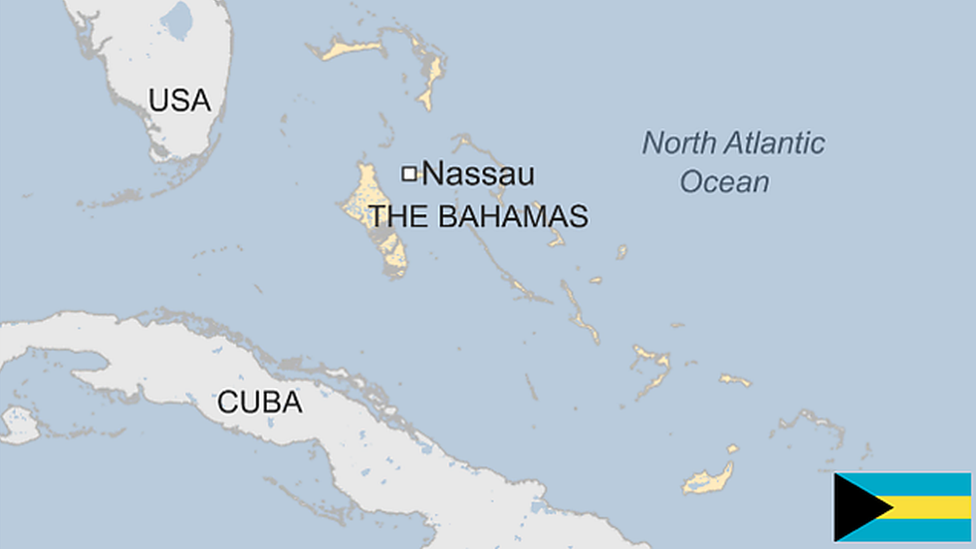
An archipelago of 700 islands and islets, the Bahamas attracts millions of tourists each year.
The visitors come to enjoy its mild climate, fine beaches and beautiful forests.
A former British colony and now a Commonwealth member, the country is a major centre for offshore finance and has one of the world's largest open-registry shipping fleets. The Bahamas enjoys a high per capita income.
The huge growth in the services sector of the economy has prompted people to leave fishing and farming villages for the commercial centres in New Providence Island, Grand Bahama and Great Abaco.
As with other Caribbean countries, The Bahamas faces the challenge of tackling drugs trafficking and illegal immigration.
It has taken steps to clean up its offshore banking system.
See more country profiles, external - Profiles by BBC Monitoring, external
THE COMMONWEALTH OF THE BAHAMAS: FACTS
Capital: Nassau
Area: 13,878 sq km
Population: 400,500
Languages: English, plus Bahamian Creole
Life expectancy: 69 years (men) 76 years (women)
LEADERS
Head of state: King Charles III, represented by a governor-general
Prime minister: Phillip Davis
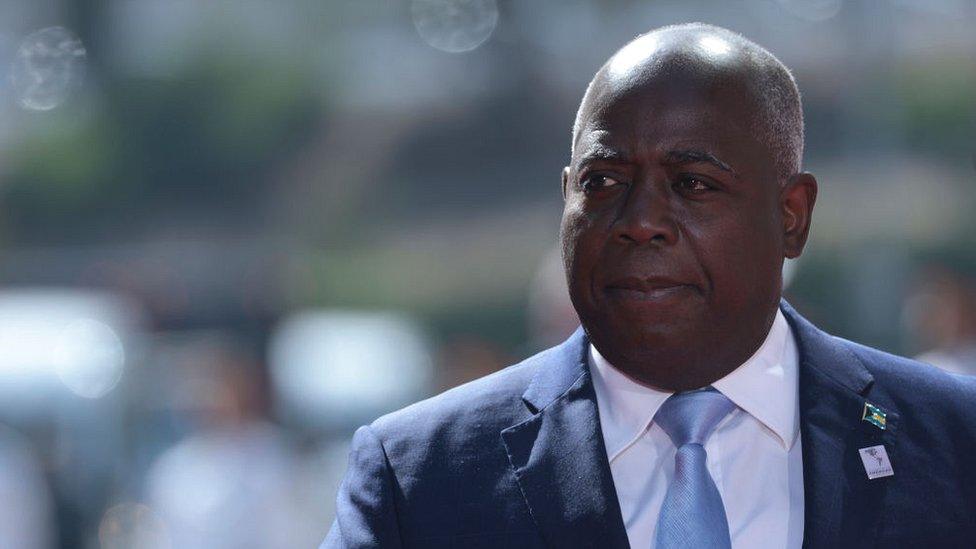
Phillip Davis became prime minister when his Progressive Liberal Party (PLP) won the September 2021 general election, defeating the Free National Movement (FNM), amid the country's struggle to recover from an economic slump.
MEDIA
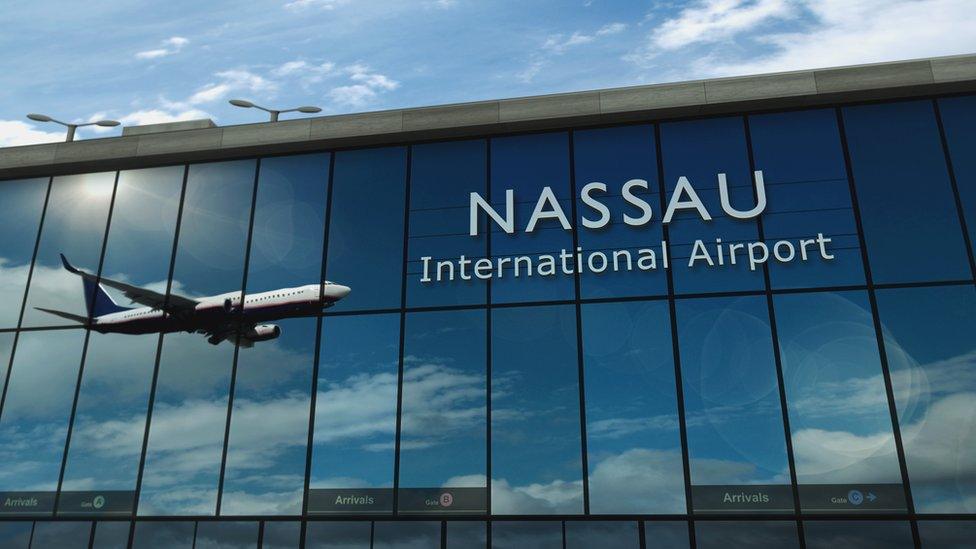
Tourism generates employment for nearly half the labour force in Bahamas
The government operates radio networks and the islands' only TV station. There is a handful of private radio stations. Multichannel cable TV is widely available.
TIMELINE
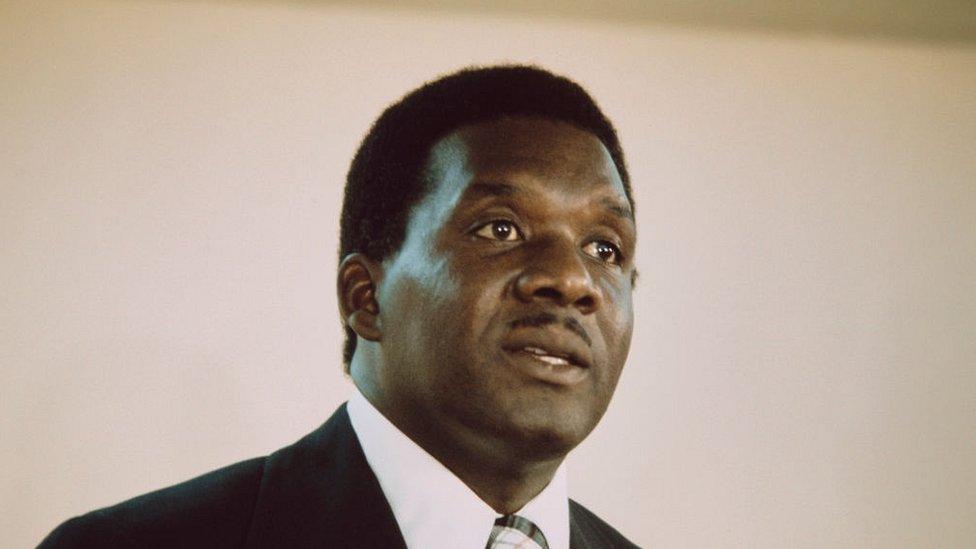
Lynden Pindling was the first prime minster of an independent Bahamas
Some key dates in the history of the Bahamas:
1492 - Christopher Columbus makes his first landing in the Western Hemisphere in the Bahamas.
1647 - English and Bermudan religious refugees, the Eleutheran Adventurers, establish the first European settlement on the Bahamas.
1666 - Colonisation of New Providence Island begins.
1670 - Charles II grants the islands to the Lords Proprietors of the Carolinas in North America. The islands become a haven for pirates, including Blackbeard (circa 1680-1718).
1703 - A joint Franco-Spanish expedition briefly occupies Nassau during the War of the Spanish Succession (1701-15).
1718 - To put an end to the "Pirates' republic" Britain makes the Bahamas a crown colony.
1720 - Spanish attack Nassau during the War of the Quadruple Alliance (1718-20).
1776 - US Navy briefly occupies Nassau during the American Revolutionary War (1775-83).
1782 - Spanish capture he Bahamas.
1783 - Under the Treaty of Paris that ends the American Revolutionary War, Spain exchanges the recently conquered Bahamas for East Florida with Britain.
1834 - Slavery abolished in the British Empire.
1861-65 - During the American Civil War, the islands become a focus for blockade runners aiding the Confederate states.
1940-45 - The Duke of Windsor - formerly King Edward VIII - serves as governor of the Bahamas.
1950 - Britain grants the US a military test range and tracking station for guided missiles in the Bahamas.
1955 - Free trade area established in the town of Freeport, stimulating tourism and attracting offshore banking.
1964 - Bahamas granted internal autonomy.
1967 - Lynden Pindling becomes prime minister after his centrist Progressive Liberal Party (PLP) wins the islands' first legislative elections.
1972 - Negotiations with Britain over independence begin in the wake of an overwhelming victory in the elections by the PLP, which campaigns on a platform of independence.
1973 - The Bahamas become independent.
1983 - Government ministers face allegations of drug trafficking.
1984 - Pindling is endorsed as PLP leader after denying charges of corruption and ties to drug traffickers.
1992 - Hubert Ingraham becomes prime minister after his centre-left Free National Movement (FNM) wins an absolute majority in the general elections, ending 25 years of rule by Pindling.
1996 - Ingraham reinstates the death penalty for murder.
1998 - Two convicted murderers are hanged despite international opposition and concern over the use of the death penalty in the Caribbean.
2000 - "Father of independence" Sir Lynden Pindling dies.
2001 - Dame Ivy Dumont becomes the Bahamas' first woman governor-general.
2002 - Veteran politician Perry Christie leads his Progressive Liberal Party to a landslide victory, unseating the Free National Movement, which has been in power for 10 years.
2004 - Hurricane Frances sweeps through, causing widespread damage. Weeks later Hurricane Jeanne batters the Bahamas.
2006 - UK-based final appeals court rules that the mandatory death sentence for murder breaches the Bahamian constitution. It was last used in 2000.
2007 - Former Prime Minister Hubert Ingraham's Free National Movement wins parliamentary elections.
2012 - Perry Christie returns to power as the Progressive Liberal Party wins parliamentary elections. Ingraham announces his retirement from politics.
2013 - The Bahamas sends 24 refugees home to Cuba, prompting charges that it was putting their lives in danger.
2019 - Hurricane Dorian causes loss of life and widespread damage to the Abaco Islands and Grand Bahama.
2021 - Phillip Davis becomes prime minister when his Progressive Liberal Party (PLP) wins the general election, defeating the Free National Movement (FNM).
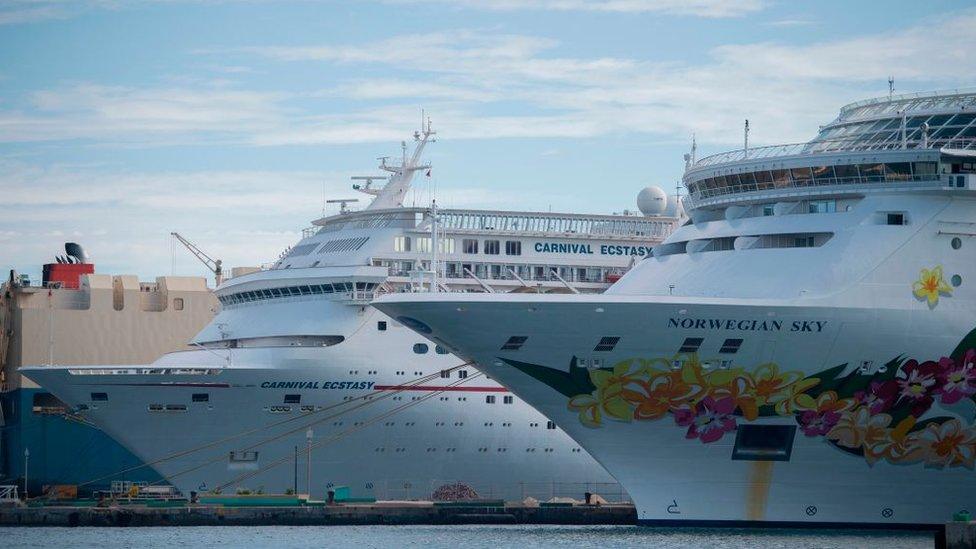
The economy relies on tourism, offshore finance and shipping
Related topics
- Published21 January
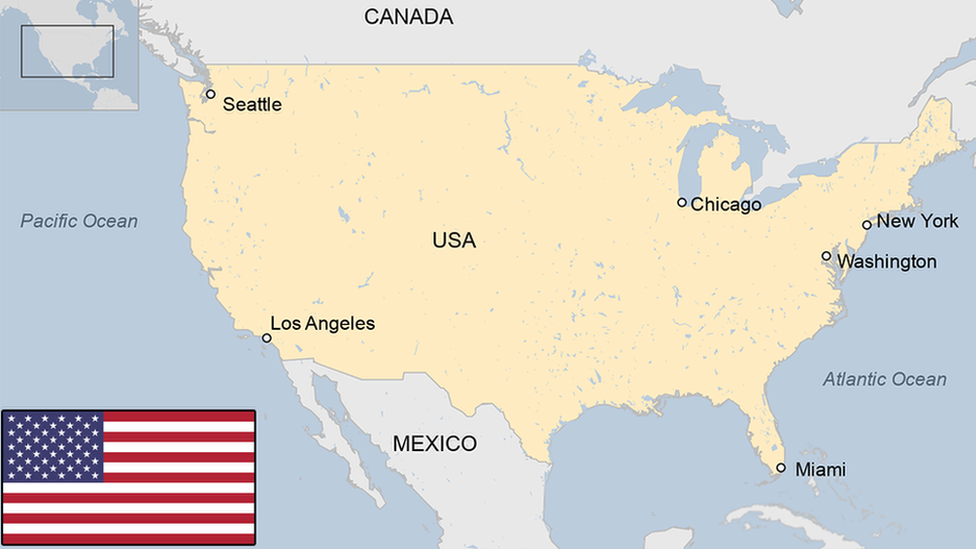
- Published29 August 2023
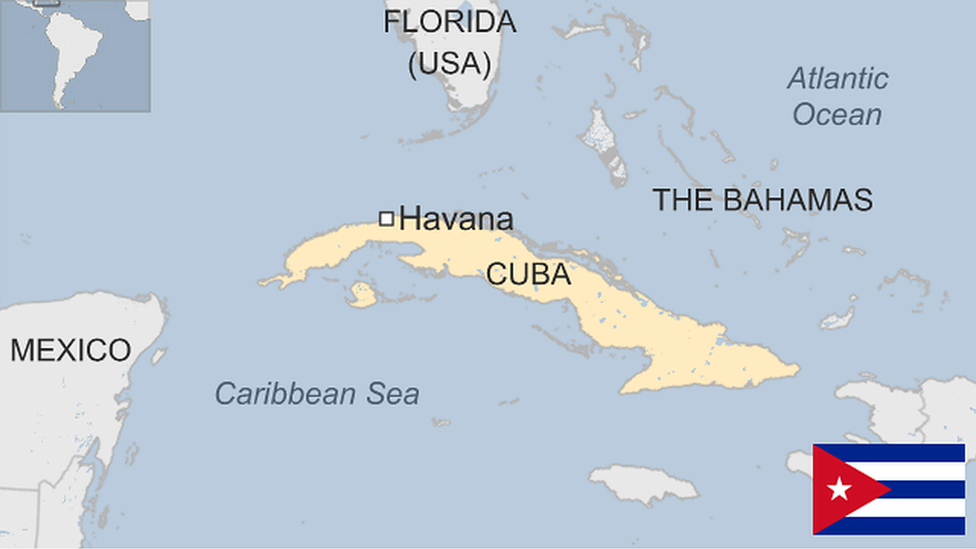
- Published31 March 2023
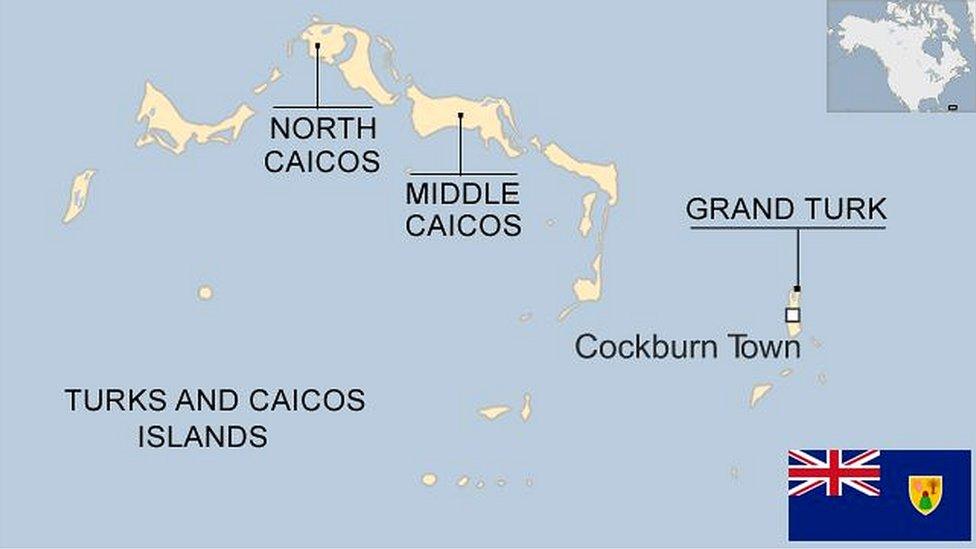
- Published21 May 2024
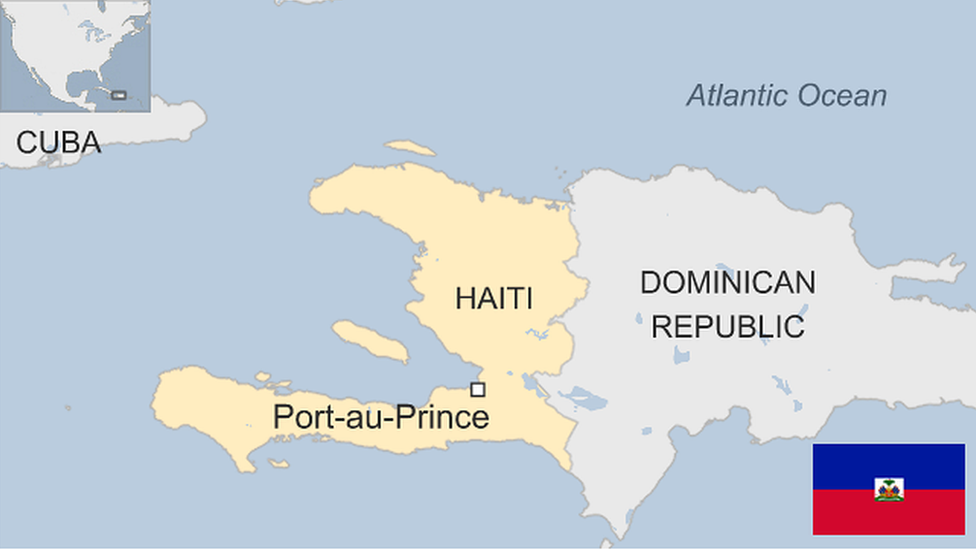
- Published9 July 2024
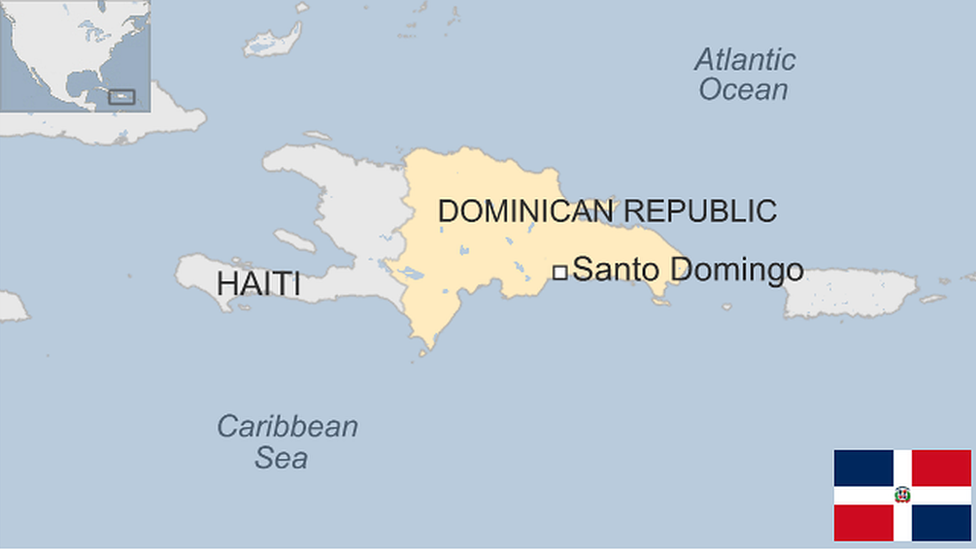
- Published11 September 2023
